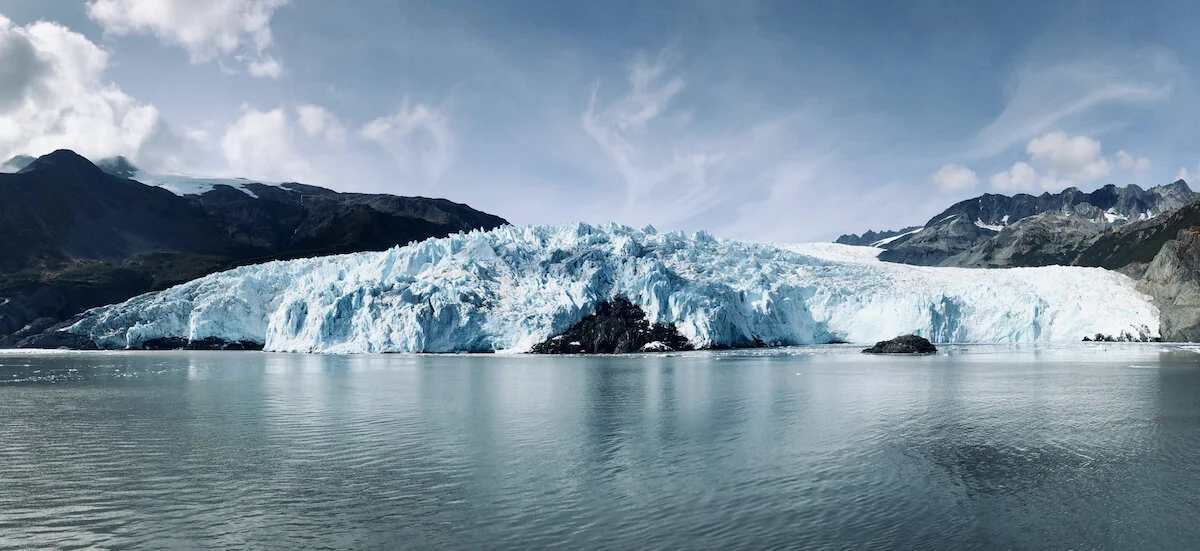Sunday Sermonizing: Searching For Truth, Beauty, and the North Pole
“I alternate between thinking of the planet as home - dear and familiar stone hearth and garden - and as a hard land of exile in which we are all sojourners.”
Ernest Shackleton is an enigmatic figure. From the first time I read about the man, I watch his relentless journey south with morbid fascination. I don’t understand the drive to put his life and the lives of his crew at great risk to say they’ve put a flag on the pole of the earth.
Shackleton had no lack of volunteers. His well-written (albeit apocryphal) classified ad gives away the spirit of the expedition. It’s a case study in effective copywriting if nothing else.
Men wanted for hazardous journey. Low wages, bitter cold, long hours of complete darkness. Safe return doubtful. Honour and recognition in event of success.
Polar expeditions were all the rage of the 1890s, the peak of the colonial era. There are morbid yet entertaining stories of English gentry explorers packing crates of bone china and literal silver spoons for their dog sledding adventures to the North Pole. Neither they nor their silverware ever made it.
While fascinated by these stories of polar exploration, I never understood them. I can appreciate the drive to do something that’s never been done, exploring the wild frontier, etc. But the risk involved seems a lot to me. It’s why I’ll never climb Everest. While I love climbing mountains, that’s not the way I want to leave this world. Nor do I desire my frozen remains to be found floating on an arctic ice flow.
I would not have replied to Shackleton’s mythical advertisement.
The spiritual connotations associated with the history of polar expeditions are abundant. Much of it has to do with the utter lack of preparation, or worse, the wrong kind of preparation. (Annie Dillard's essays Teaching a Stone to Talk expand on this beautifully. This is one you should have in your library.)
We visited Alaska earlier this year. This is the closest I’ve been to the North Pole (Other than flying over it on the way to Asia a couple of times). Having been there, with its crags and crevasses, fjords and glaciers, I understand the fascination a little better. It’s still not the way I want to leave the earth, but if the earth has a soul, it may be best felt at the poles. That’s what Alaska felt like to me. Fire and ice. There’s something magical about glaciers.
The sojourn is both a spiritual activity and a metaphor. It’s what we do while traveling. And what we do while visiting this planet, even for those who've never leave the county they were born in. In the sojourn, there’s a quest. A search for truth, authenticity, and beauty. I say the end of the quest is finding everything the Creator reveals to us in the person of Jesus. The problem is that we’re so incredibly ill-prepared for such things, and we have no idea what it is we’re coming up against.
Our expedition to the Pole is much like the Englishmen who decided that silver spoons were more useful than compasses. Or, perhaps, a bit like Christopher Robin, Winnie-the-Pooh, Rabbit, Kanga, Roo, Eeyore, and Rabbit with all his friends and relations. They went on a polar expedition, as well. It resulted in Pooh finding a long stick to help little Roo out of a stream.
Turns out he found it.
“Pooh,” he said, “where did you find that pole?”
Pooh looked at the pole in his hands.
“I just found it,” he said. “I thought it ought to be useful. I just picked it up.”
“Pooh,” said Christopher Robin solemnly, “the expedition is over. You have found the North Pole.”
“Oh!” said Pooh.
There you have it. The North Pole discovered.
That’s what it feels like sometimes in this ongoing search for truth and beauty.
Often we’re ill-prepared.
Often we’re children playing in a world of adult-things we know nothing about.
And sometimes, answers are right in front of us.
We just need eyes to see and ears to hear.

